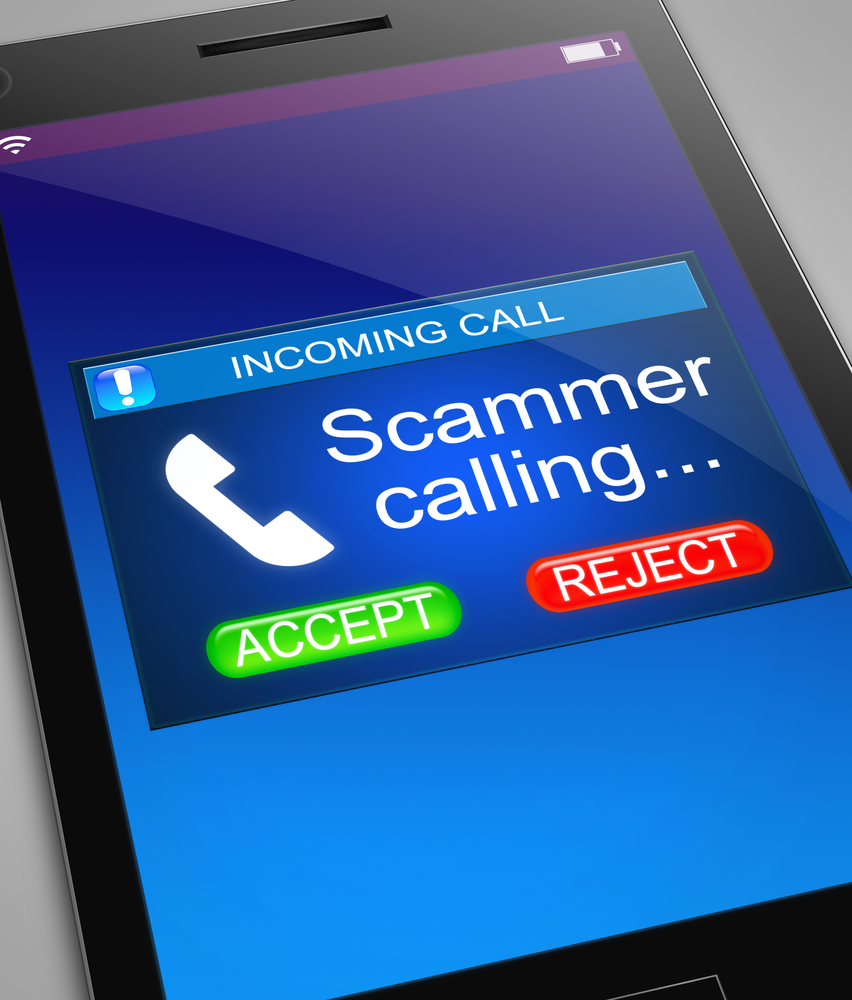As instances of scammers duping local residents into giving them money are prevalent not only in Queens, but all over the country, energy companies — including Con Edison — are joining forces to help raise awareness against these crooks.
The companies are calling Wednesday, Nov. 16, “Utilities United Against Scams Day,” as part of a weeklong campaign to provide their customers with information on the tactics these scammers tend to use, and tips customers can use to protect themselves and their bank accounts.
“Scam callers posing as Con Edison representatives are an ongoing, frequent and dangerous problem for the company’s customers,” Con Edison said in a press release. “The company receives dozens of complaints each week about calls to customers’ homes and businesses from scammers demanding immediate payment and threatening a service shutoff.”
According to the energy company, scammers often times call their victims on the phone posing to be a representative with Con Edison and say that their service will be cut off due to unpaid bills or other false accusations.
The scammers then tell the customers that they can pay their bill using a pre-paid card or arranging for a transfer via MoneyGram. The crooks sometimes alert the customer to a nearby store that sells pre-paid cards and instructs the customer to pay cash to put money on the card and to then provide the number on the card to them.
Once the customer provides the scammer with the card number, the scammer steals the money.
“With MoneyGram, scammers may ask a customer to provide money from a bank account, credit card or debit card by going online or to a specified location,” Con Edison warned. “The money goes into someone else’s bank account or is available for the receiver to pick up in cash.”
There have even been reports of these scammers making a Con Edison phone number show up on the customer’s caller ID to enhance their validity.
If anything like this happens, Con Edison wants its customers to know that these callers are not from their company and they do not accept payments of electric or gas bills by pre-paid debit cards, MoneyGram or similar transfers.
“Be alert if anyone asks you by telephone to arrange for pre-paid debit cards or a MoneyGram transfer as payment for your bill, or to send money to an out-of-state address,” Con Edison said. “Never arrange payment or divulge account or personal information, including debit or credit card information, over the telephone, unless you are certain you are speaking to a Con Edison representative.”
Con Edison also warns to never provide your Social Security number, credit card number or bank information to anyone unless you know exactly who you are speaking with.
Anyone who feels they may have been a target of a payment scam should call their local police department. They may also call Con Edison at 800-75CONED.

































